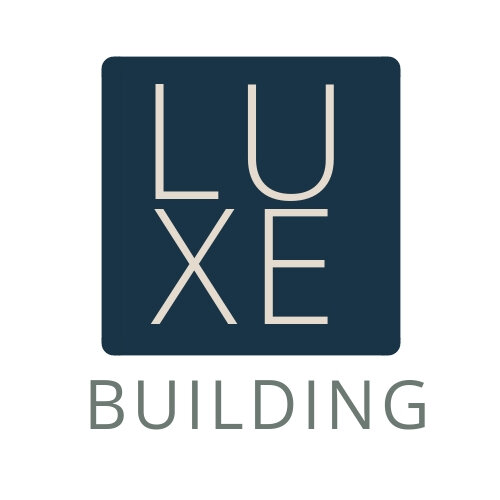Why a Solid Plan is the Key to Building Your Dream Home: Insights from LUXE Building
Picture this: You've envisioned your perfect home—spacious living areas, a gourmet kitchen, and a serene master suite. Excitement is high, but as you dive into the building process, you encounter unexpected challenges and costs. What went wrong?
The answer often lies in the planning phase. If you're finding yourself overwhelmed by the complexities of building your dream home, it might be because your initial plan wasn’t as solid as it should have been. A comprehensive plan isn’t just a list of features; it’s the bedrock of a successful build.
The Power of a Solid Plan
Imagine Sam and Louise, a couple eager to start their family home project. They had a clear vision—an open-concept space with a luxurious kitchen and a cozy family room. But when they started working with their builder, they realized their plan was incomplete. Missing details led to design changes, budget overruns, and delays. This experience highlights a crucial lesson: the importance of starting with a solid plan.
Here’s why a comprehensive plan is essential:
Clear Goals: A well-defined plan captures your vision in detail, from architectural styles to specific features. This clarity helps in setting realistic goals and ensures everyone involved understands your expectations.
Feasibility and Budgeting: Builders can assess the feasibility of your ideas early on. They offer insights into whether your vision aligns with your budget and provide accurate cost estimates. This prevents unexpected expenses and ensures you’re investing in the right areas.
Avoiding Surprises: A thorough plan helps in identifying potential challenges before construction begins. It outlines possible issues and solutions, reducing the likelihood of surprises during the build.
The Builder’s Role in Planning
The involvement of a builder from the beginning offers significant advantages:
Expert Insights: Builders bring a wealth of experience to the table. They provide valuable feedback on design feasibility, material choices, and construction methods, ensuring your plan is practical and achievable.
Feasibility Assessment: Builders evaluate your plans for any potential issues. They help in refining designs to address structural or logistical challenges, ensuring a smooth construction process.
Accurate Costing: With early involvement, builders can provide precise cost estimates based on your design and material preferences. This helps in setting a realistic budget and avoiding unforeseen expenses.
Collaboration for Success
To make the most of the planning phase, consider these steps:
Open Communication: Maintain clear communication with your builder. Share your ideas, preferences, and concerns, and be open to their feedback.
Detailed Documentation: Document every aspect of the plan, including design specifications and material choices. This prevents misunderstandings and ensures all parties are aligned.
Flexibility and Adaptability: Be prepared to adjust your plan based on your builder’s input. Flexibility allows you to address any challenges that arise and keep the project on track.
Regular Reviews: Schedule regular reviews of the plan with your builder. This keeps the project aligned with your vision and allows for any necessary adjustments.
Taking Action
A solid plan is the foundation of a successful building project. By engaging with your builder early and developing a comprehensive plan, you set the stage for a smooth and satisfying construction experience.
Start your journey with a solid plan and make your dream home a reality.
